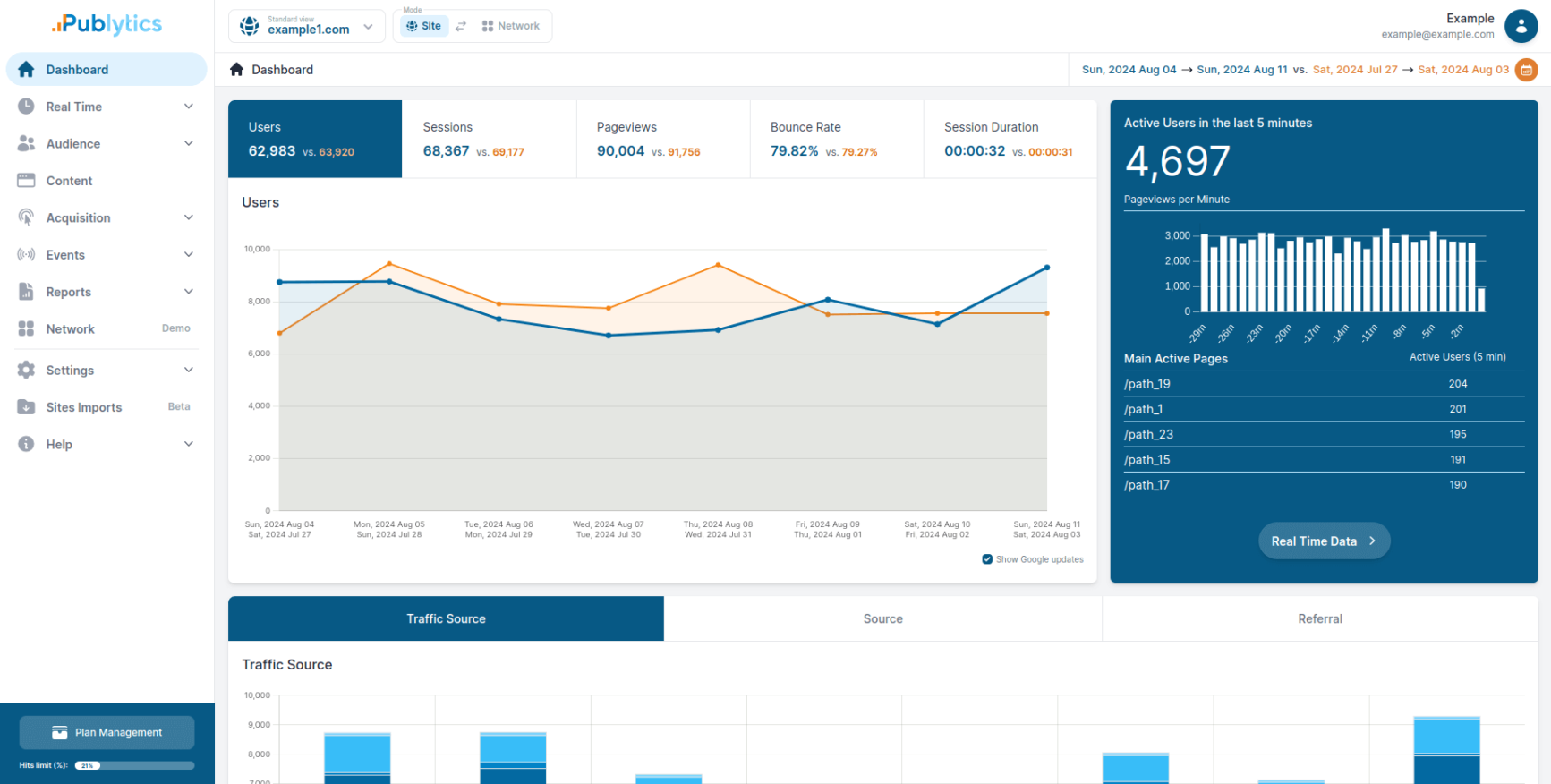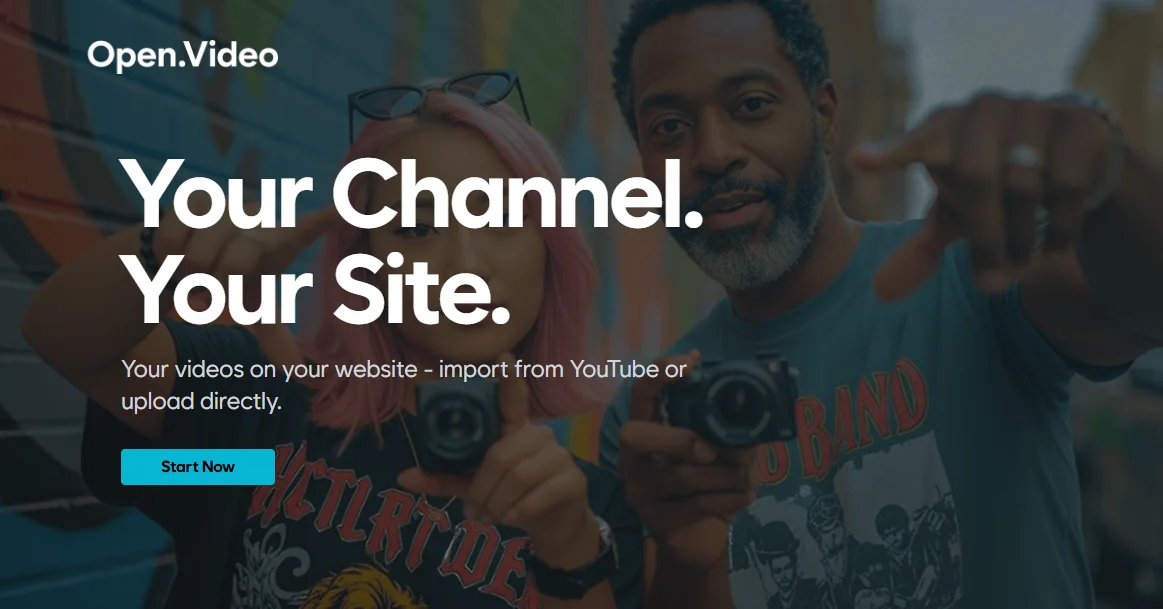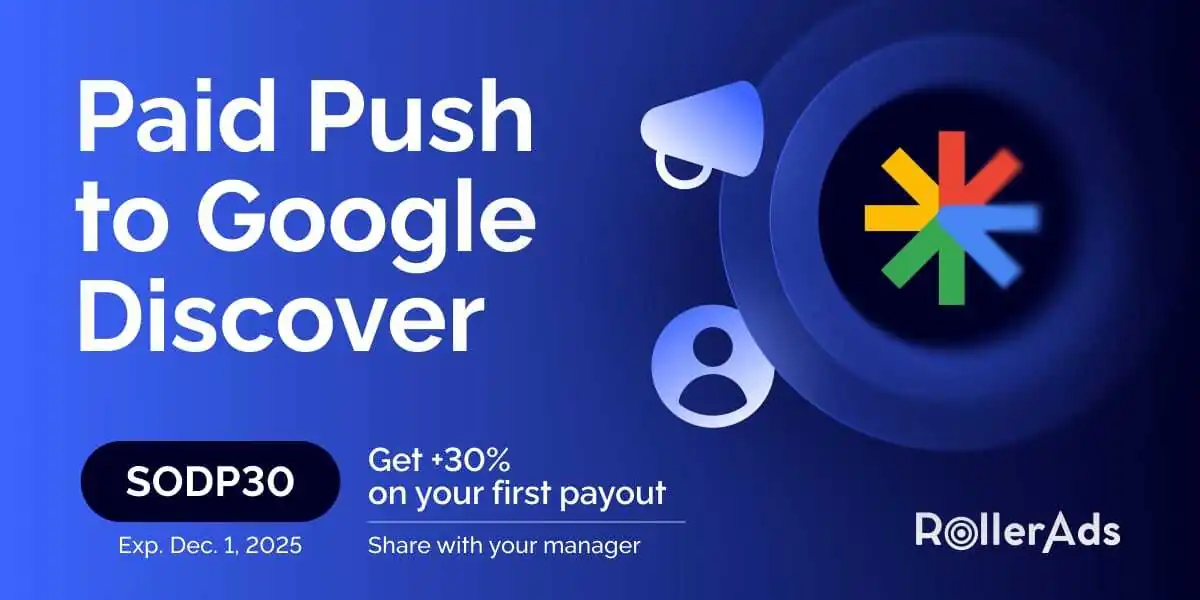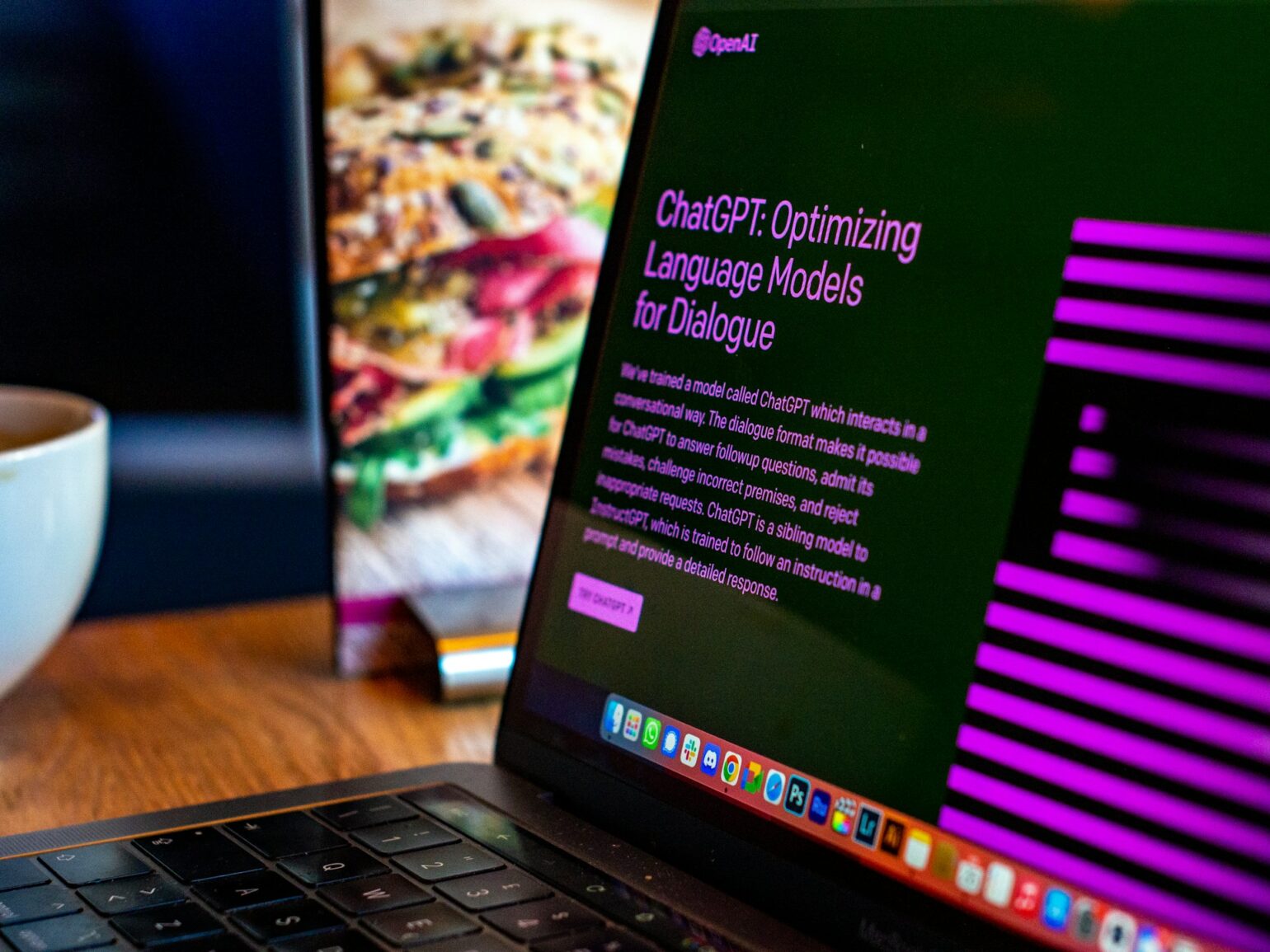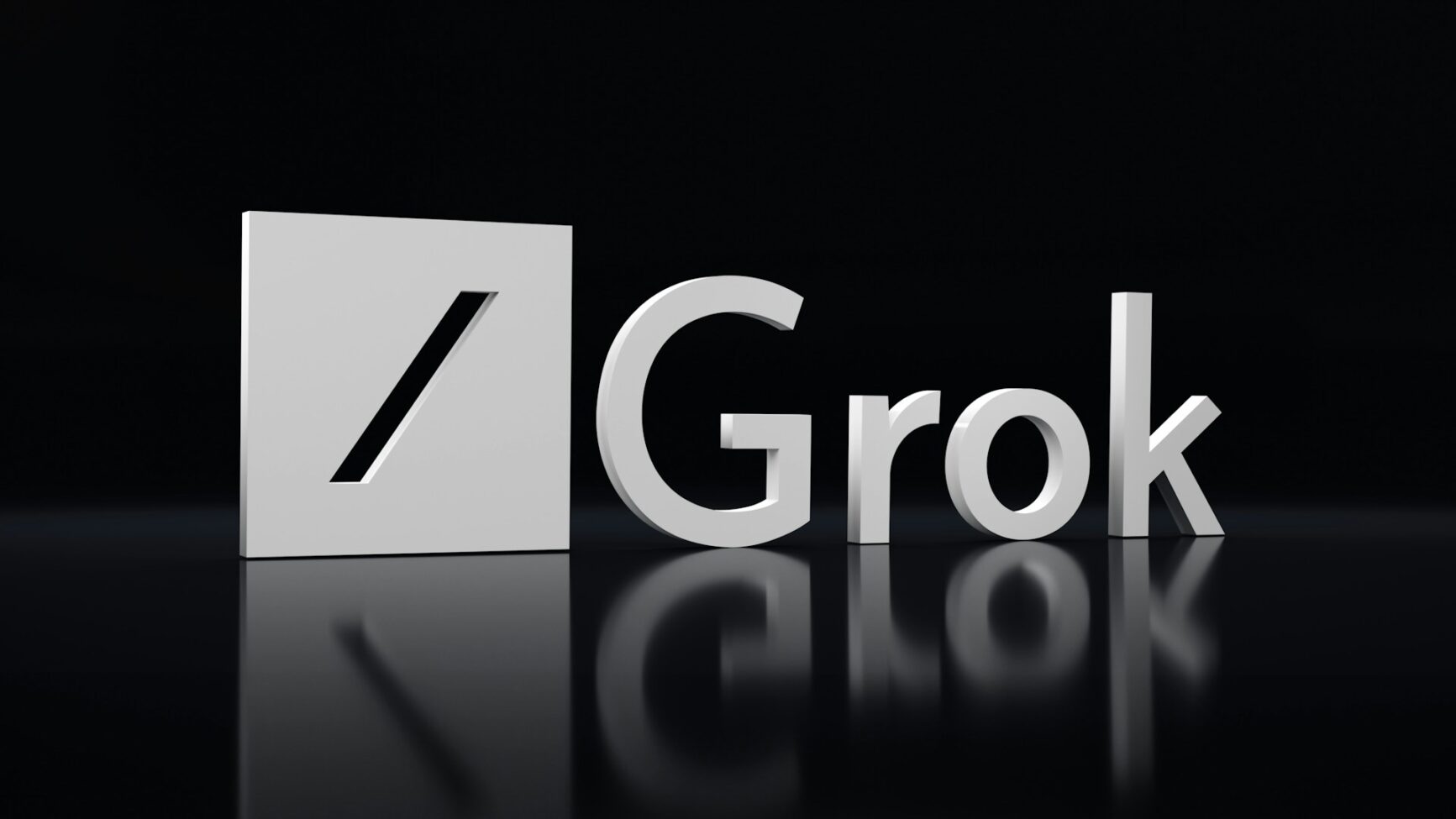After spending the last few weeks playing with ChatGPT and reading various hot takes on the technology’s “transformative” nature, I thought I’d risk throwing my hat into the ring.
The large language model (LLM) has seemingly alarmed and delighted observers in equal measures. On the alarmist side of the spectrum, we’ve seen reports ranging from cybercriminals leveraging the tool to professors being fooled by AI-generated papers. At the opposite end, we’ve heard how it has the potential to revolutionize creative agency workflows and lighten the load of PR firms.
While I’m hesitant to pull out my crystal ball on this one, I would say I find myself cautiously optimistic about the technology’s potential.
I’ve found that any new development in AI tends to send the media into spin, with observers trying to inch the Doomsday Clock ever closer to midnight. From Elon Musk’s often hyperbolic Terminator-inspired comments to Stephen Hawking’s famous warning that AI “could spell the end of the human race.”
My view is somewhat less bleak than that put forth in Terminator. I’d like to believe we’re heading for the future depicted in her, though my gut says we’ll probably end up in something more akin to Blade Runner 2049.
In the here and now, however, I suspect more and more people and companies will come to view content generation as a useful tool. We’ve already seen the likes of US-based financial site Bankrate and leading tech publisher CNET fold AI content generation into their offerings.
I’ve personally found ChatGPT to be an incredibly compelling piece of software, if one that requires some skill and nuance when using. Indeed, I suspect it may be responsible for some of “plagiarism-not-plagiarism” fights. What do I mean by this?
Well, there are only so many ways to say “dog bites man” and machines tend towards the most efficient approach. For example, when I asked “what is affiliate marketing?” I received the below response.
 Asking the question in a second chat window delivered an almost identical response. This then made me wonder whether somebody would publish this and, one quick Google search later, here we are:
Asking the question in a second chat window delivered an almost identical response. This then made me wonder whether somebody would publish this and, one quick Google search later, here we are:
 This serves as a warning to companies against relying on cheap writers to fill up their blogs in the hopes of driving more organic traffic their way.
Pasting this content across the web isn’t technically plagiarism, given that ChatGPT is open to everybody at the moment and isn’t claiming ownership over any of its generated text. (Please feel free to correct me on that last bit!) However, Google is going to take a pretty dim view on seeing the same copy popping up on different sites.
Anyway, back to the tool’s usefulness. Seeing the above results prompted me to shake things up, as shown below:
This serves as a warning to companies against relying on cheap writers to fill up their blogs in the hopes of driving more organic traffic their way.
Pasting this content across the web isn’t technically plagiarism, given that ChatGPT is open to everybody at the moment and isn’t claiming ownership over any of its generated text. (Please feel free to correct me on that last bit!) However, Google is going to take a pretty dim view on seeing the same copy popping up on different sites.
Anyway, back to the tool’s usefulness. Seeing the above results prompted me to shake things up, as shown below:
 The longer entry is better, if a touch derivative, dry and repetitive towards the end. And yet, how much time and energy did I invest in setting out parameters for the tool? Very little and that’s the kicker.
I know a staggering amount of people who profess to “know how to Google” when the reality is very different. You see, Googling requires understanding that the human responsible for the search inputs is a major limiter. Sometimes you need to understand the machine’s confines to help it deliver the best results for you. ChatGPT is no different, though it is arguably easier to use.
If you want to see what I mean, then sign up for an account and try out this ever so slightly more advanced prompt “explain affiliate marketing like I’m an executive but also give me some detailed strategies”.
Asking questions is often easier than providing answers. ChatGPT has the power to answer incredibly specific questions, but it will require users to stretch themselves on this front.
ChatGPT is far from a perfect content creation tool, but the attention it has garnered is deserved and publishers and content creators should be paying attention.
The longer entry is better, if a touch derivative, dry and repetitive towards the end. And yet, how much time and energy did I invest in setting out parameters for the tool? Very little and that’s the kicker.
I know a staggering amount of people who profess to “know how to Google” when the reality is very different. You see, Googling requires understanding that the human responsible for the search inputs is a major limiter. Sometimes you need to understand the machine’s confines to help it deliver the best results for you. ChatGPT is no different, though it is arguably easier to use.
If you want to see what I mean, then sign up for an account and try out this ever so slightly more advanced prompt “explain affiliate marketing like I’m an executive but also give me some detailed strategies”.
Asking questions is often easier than providing answers. ChatGPT has the power to answer incredibly specific questions, but it will require users to stretch themselves on this front.
ChatGPT is far from a perfect content creation tool, but the attention it has garnered is deserved and publishers and content creators should be paying attention.
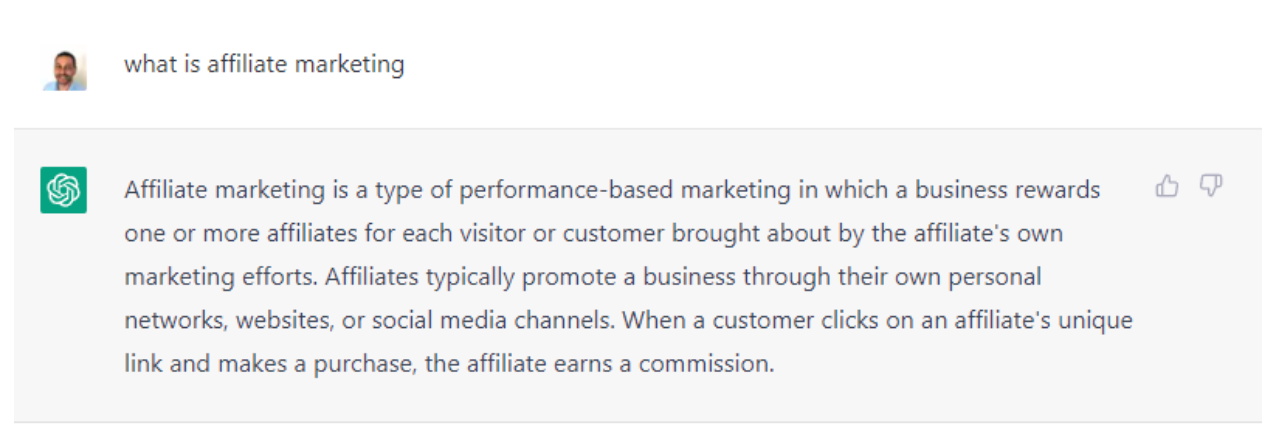 Asking the question in a second chat window delivered an almost identical response. This then made me wonder whether somebody would publish this and, one quick Google search later, here we are:
Asking the question in a second chat window delivered an almost identical response. This then made me wonder whether somebody would publish this and, one quick Google search later, here we are:
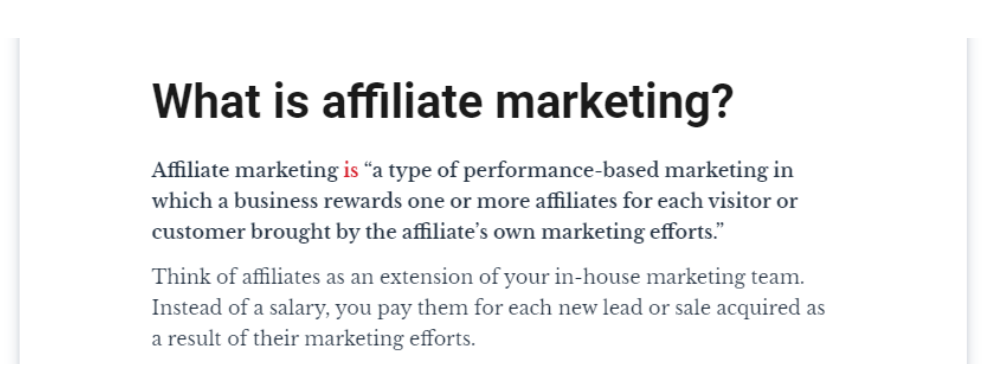 This serves as a warning to companies against relying on cheap writers to fill up their blogs in the hopes of driving more organic traffic their way.
Pasting this content across the web isn’t technically plagiarism, given that ChatGPT is open to everybody at the moment and isn’t claiming ownership over any of its generated text. (Please feel free to correct me on that last bit!) However, Google is going to take a pretty dim view on seeing the same copy popping up on different sites.
Anyway, back to the tool’s usefulness. Seeing the above results prompted me to shake things up, as shown below:
This serves as a warning to companies against relying on cheap writers to fill up their blogs in the hopes of driving more organic traffic their way.
Pasting this content across the web isn’t technically plagiarism, given that ChatGPT is open to everybody at the moment and isn’t claiming ownership over any of its generated text. (Please feel free to correct me on that last bit!) However, Google is going to take a pretty dim view on seeing the same copy popping up on different sites.
Anyway, back to the tool’s usefulness. Seeing the above results prompted me to shake things up, as shown below:
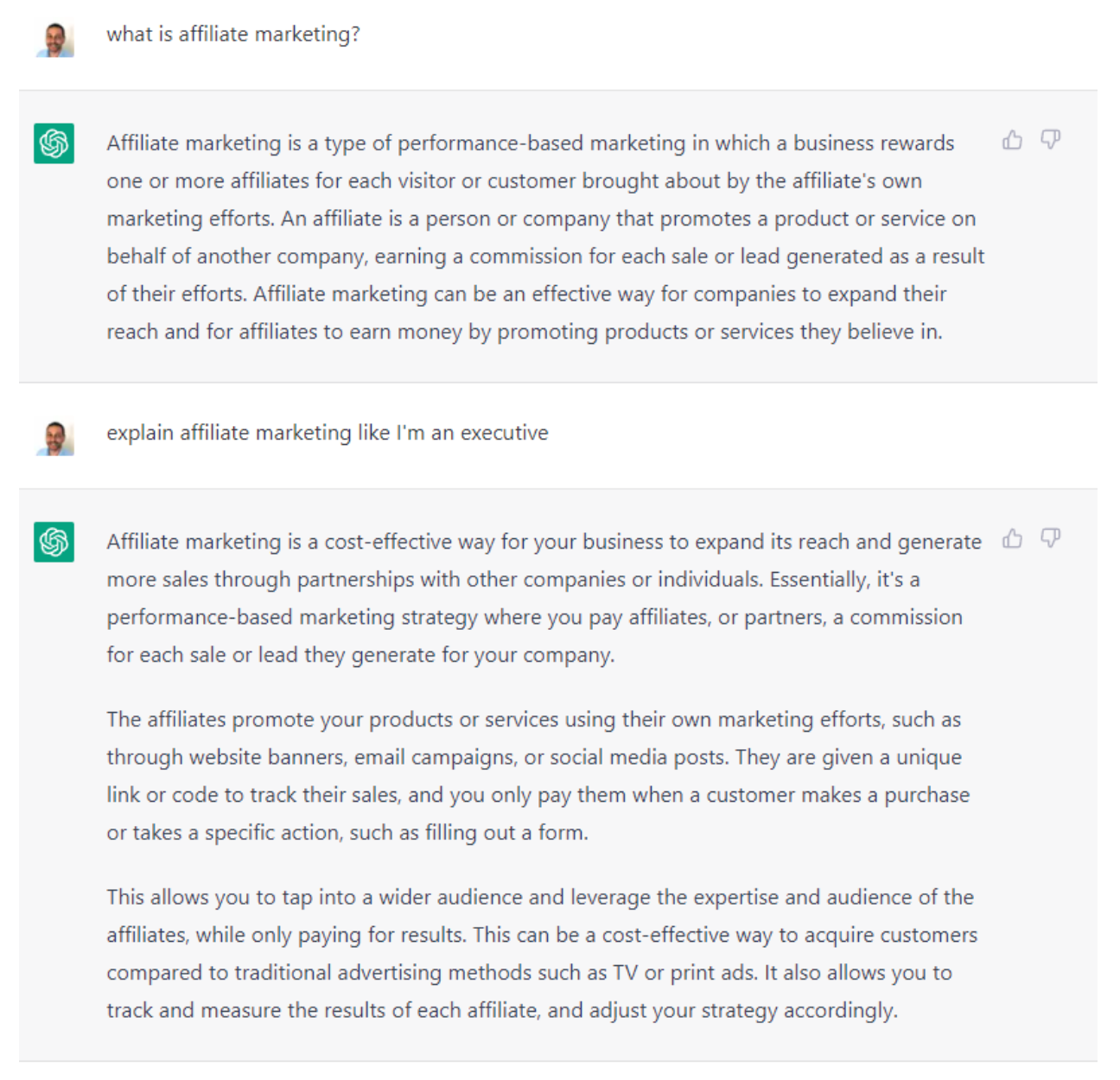 The longer entry is better, if a touch derivative, dry and repetitive towards the end. And yet, how much time and energy did I invest in setting out parameters for the tool? Very little and that’s the kicker.
I know a staggering amount of people who profess to “know how to Google” when the reality is very different. You see, Googling requires understanding that the human responsible for the search inputs is a major limiter. Sometimes you need to understand the machine’s confines to help it deliver the best results for you. ChatGPT is no different, though it is arguably easier to use.
If you want to see what I mean, then sign up for an account and try out this ever so slightly more advanced prompt “explain affiliate marketing like I’m an executive but also give me some detailed strategies”.
Asking questions is often easier than providing answers. ChatGPT has the power to answer incredibly specific questions, but it will require users to stretch themselves on this front.
ChatGPT is far from a perfect content creation tool, but the attention it has garnered is deserved and publishers and content creators should be paying attention.
The longer entry is better, if a touch derivative, dry and repetitive towards the end. And yet, how much time and energy did I invest in setting out parameters for the tool? Very little and that’s the kicker.
I know a staggering amount of people who profess to “know how to Google” when the reality is very different. You see, Googling requires understanding that the human responsible for the search inputs is a major limiter. Sometimes you need to understand the machine’s confines to help it deliver the best results for you. ChatGPT is no different, though it is arguably easier to use.
If you want to see what I mean, then sign up for an account and try out this ever so slightly more advanced prompt “explain affiliate marketing like I’m an executive but also give me some detailed strategies”.
Asking questions is often easier than providing answers. ChatGPT has the power to answer incredibly specific questions, but it will require users to stretch themselves on this front.
ChatGPT is far from a perfect content creation tool, but the attention it has garnered is deserved and publishers and content creators should be paying attention.
Content from our partners





